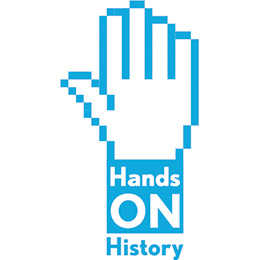Archiving has always been about selecting, preserving and making available. But while historians and archivists share a common interest in archived information, their vision of material relevance and record-keeping occasionally differ. Additionally to this ancient divide, digital archiving has brought new challenges for both communities.
In this paper, I will first discuss conceptual continuity lines between analog and digital archiving of textual material at a general level. In a second step, I will examine both analog and digital archiving under the lens of their environmental footprint and the challenges it brings about in a context of resource shortage like the climate and biodiversity crisis. I will not concentrate solely on strategies pertaining to the archived material itself, but will also consider the ecological impact of historian work on this material, among others the now popular use of AI tools. I will plead for a balanced vision of historical sciences, one that slows down to assess costs and benefits each step of the way to the preservation of and research on Heritage.

Anne Baillot studied German Studies and Philosophy at the École Normale Supérieure in Paris and moved to Berlin after her PhD where she established a junior research group on intellectual networks in Berlin between 1800 and 1830, combining her interests in literary geneticism, the edition of early modern manuscripts, and history of ideas. After 2011, she began working with digital tools and edited Letters and texts. Intellectual Berlin around 1800, which was later moved to the platform Digital Scholarly Editions that she curates together with Laurent Romary. Her recent work deals with the environmental footprint of digital technologies in Heritage and Humanities research.

14.00 - 15.00


